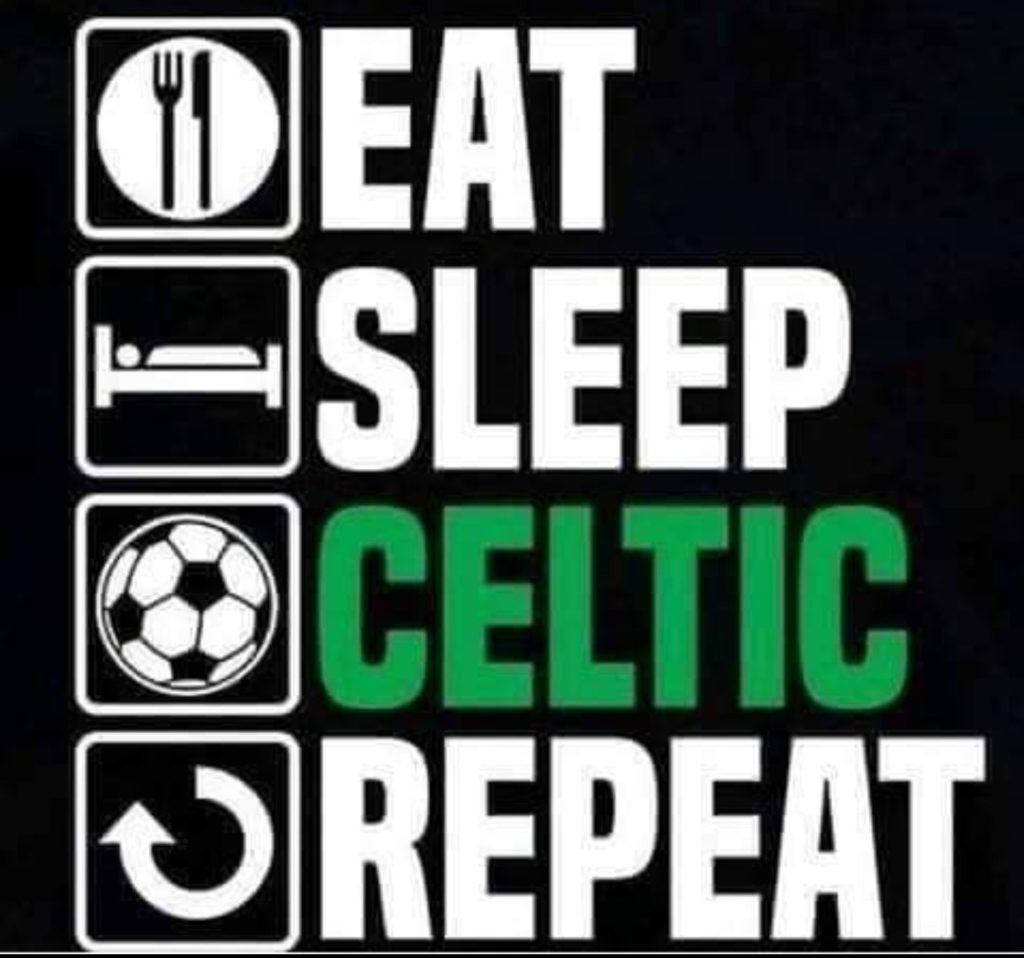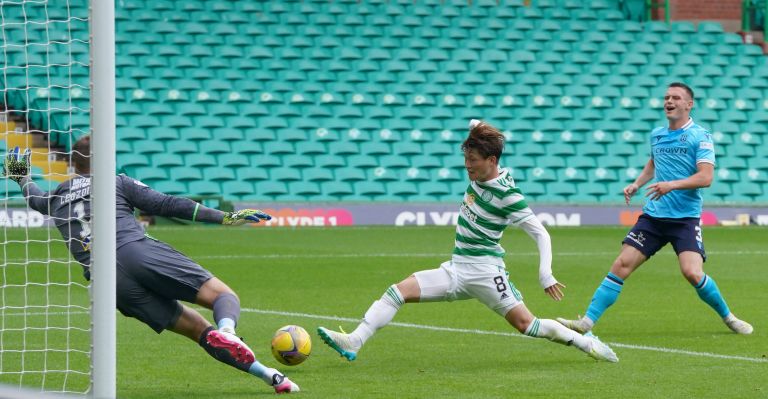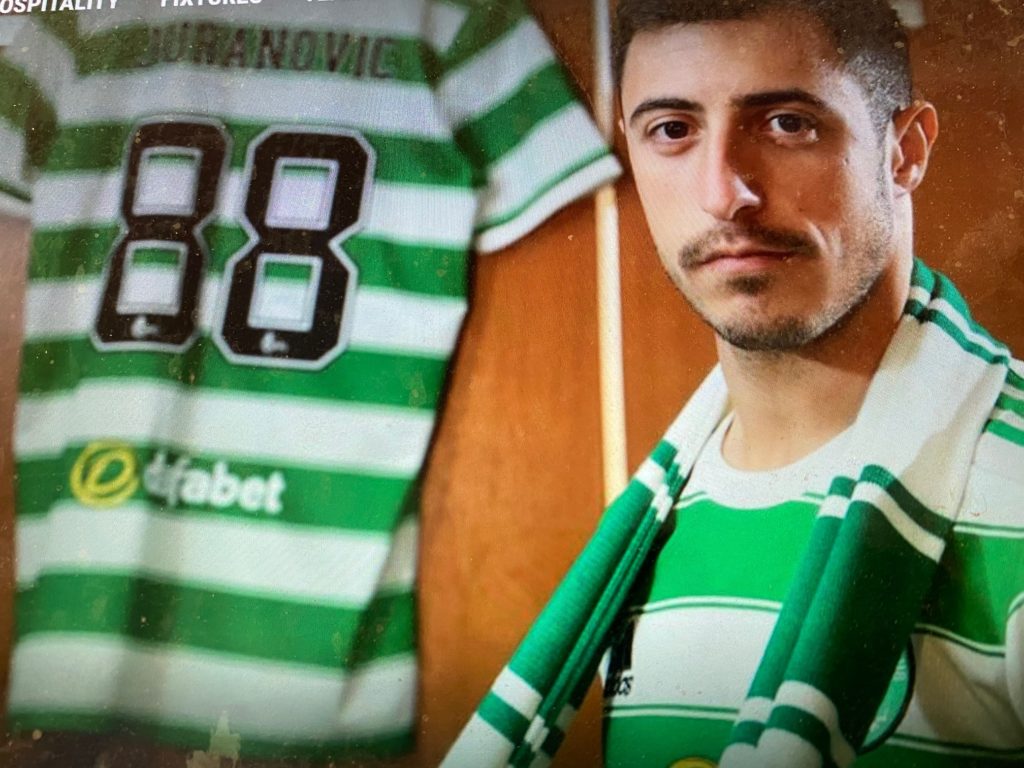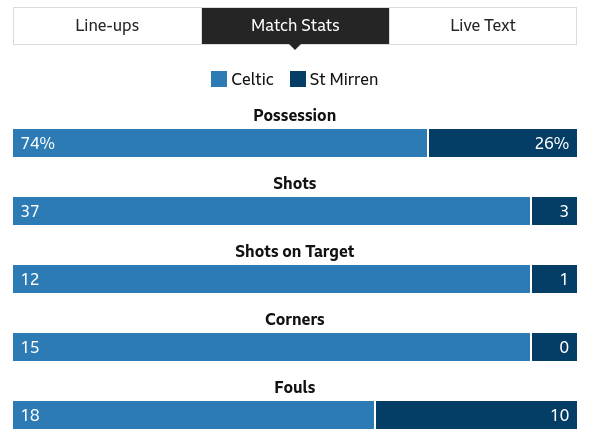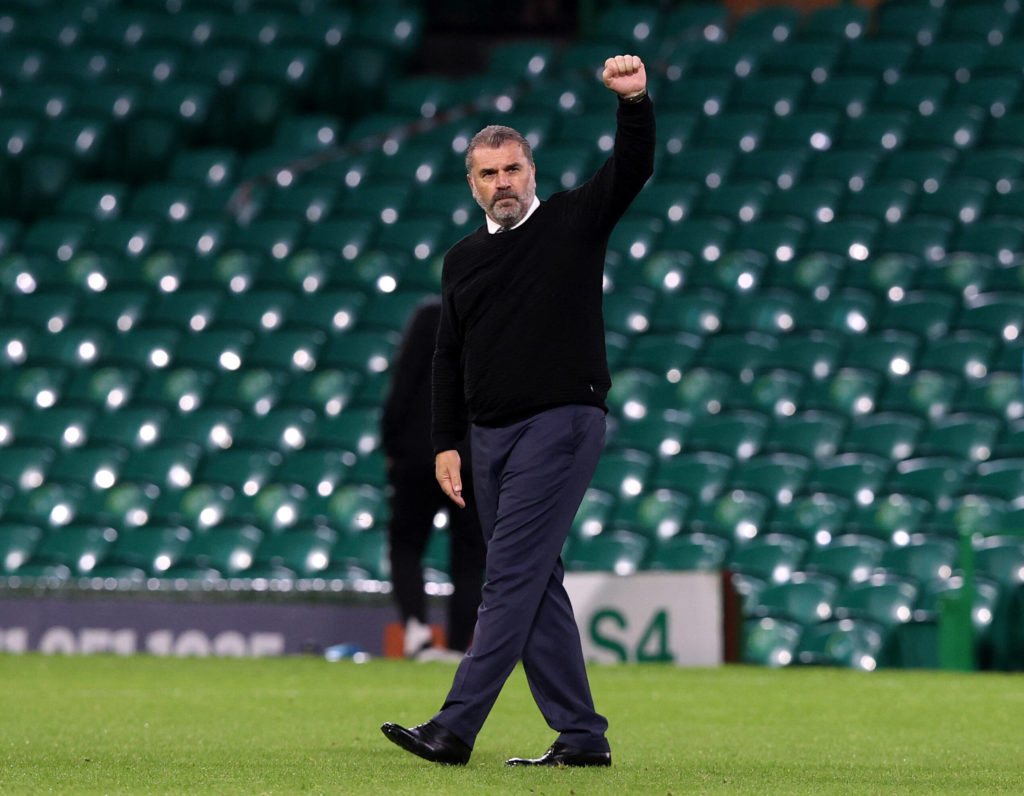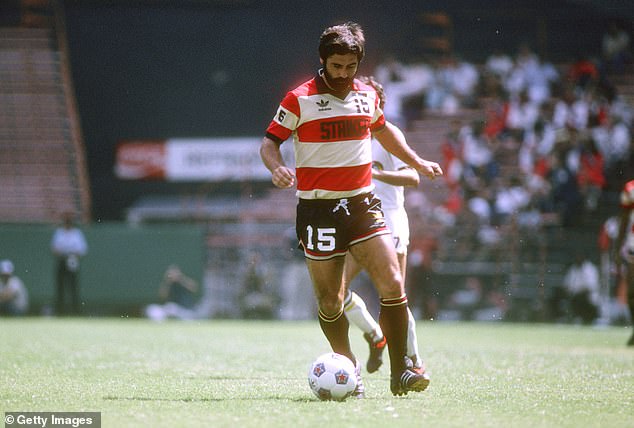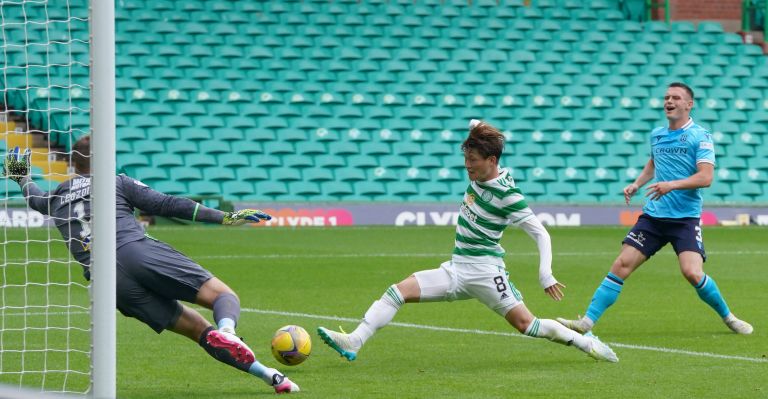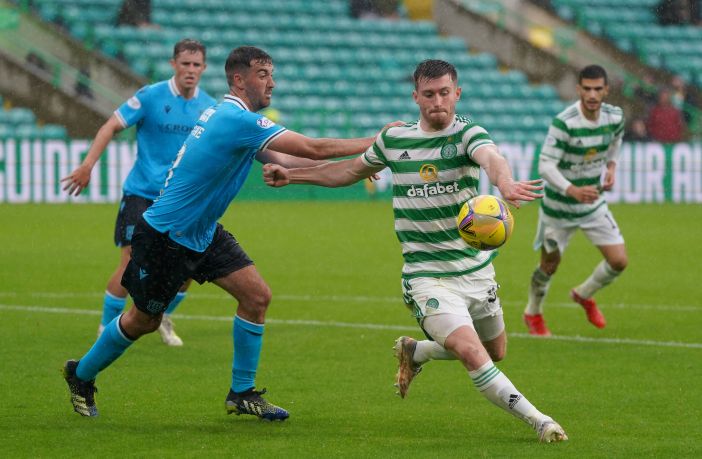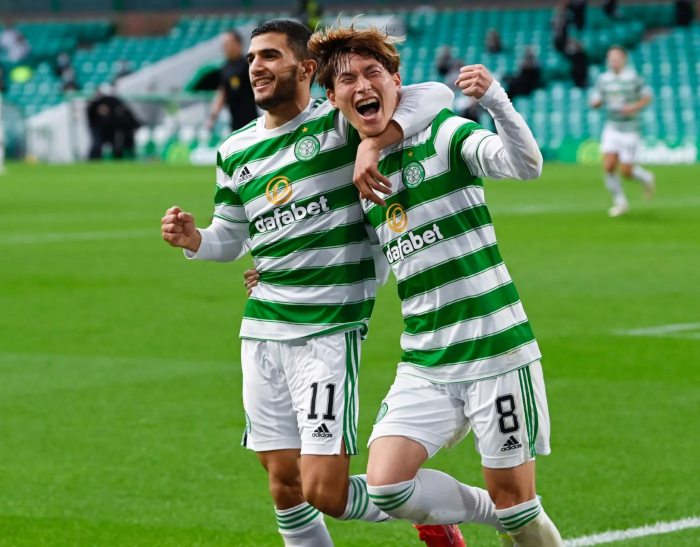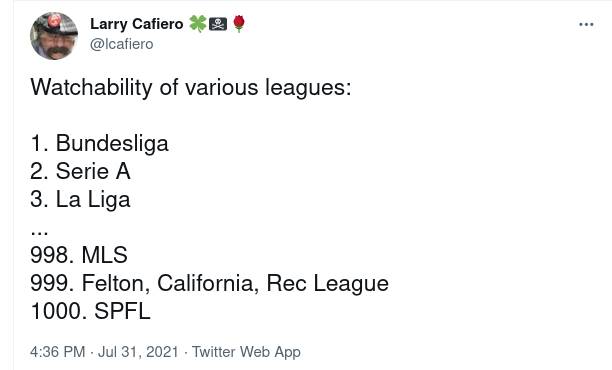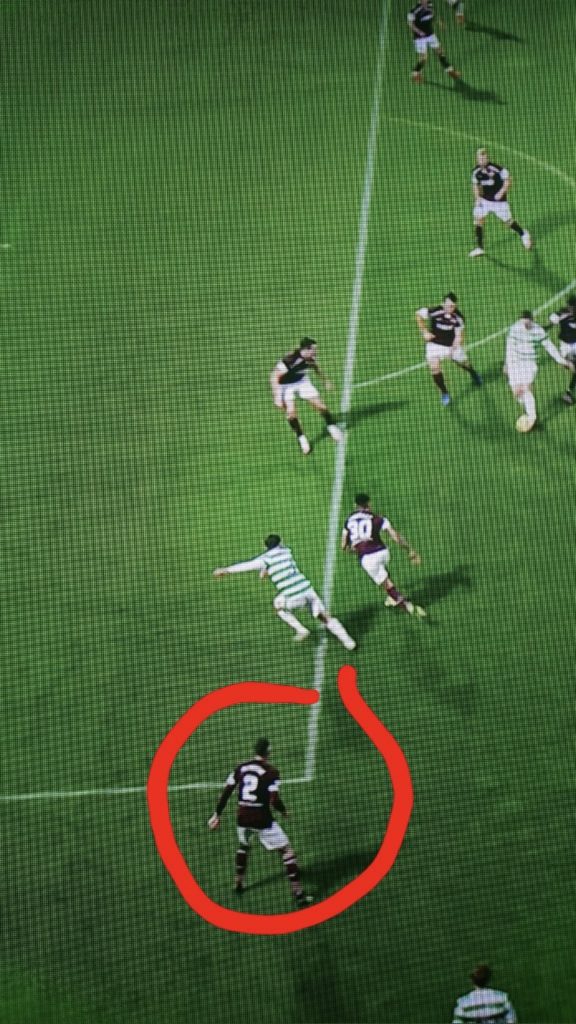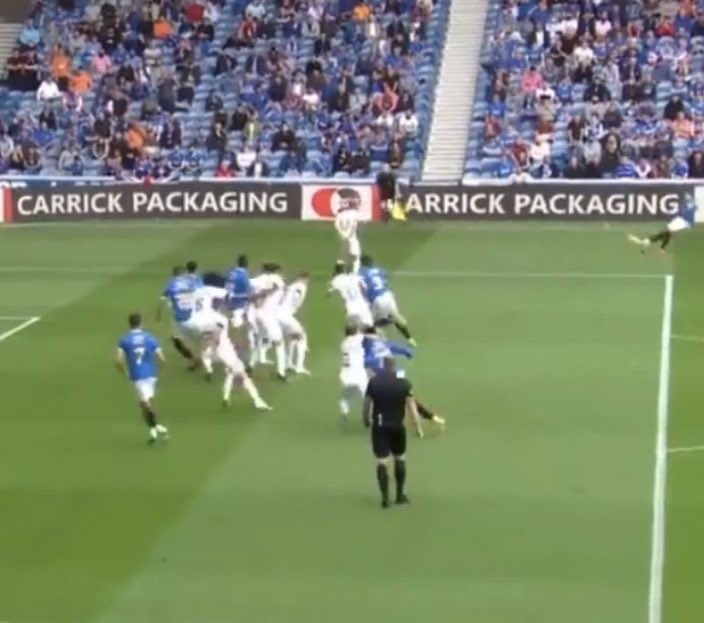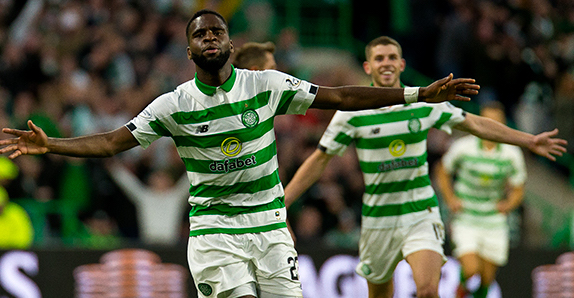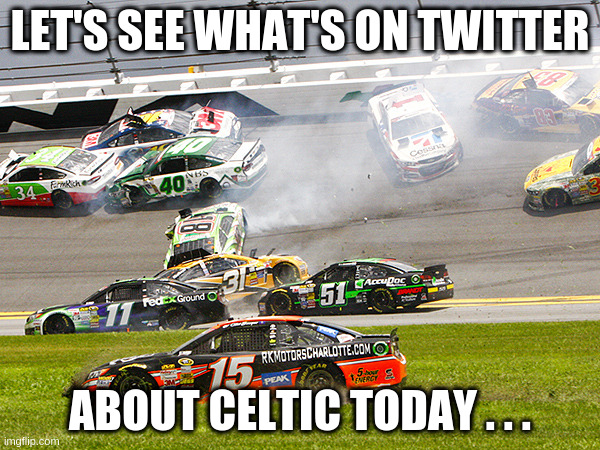Like virtually each and every football pundit following Celtic or even Scottish football for that matter, I had a lot to say about yesterday’s match at the Bigotdome in Glasgow, where a close match didn’t go Celtic’s way. But after writing the post yesterday, I deleted it because it hadn’t said anything new or compelling.
When one set-piece goal is the difference, you can tell these clubs are fairly evenly matched. And that is clearly and unequivocally a compliment to Celtic’s opponents on Sunday, who without the help of Kevin Clancy and his ilk in the black shirts, Celtic’s opponents would be Livingston in blue kits.
What do you expect when you don’t allow opponents’ fans into your stadium?
Instead, what I’d prefer to talk about are the peripheral happenings at the match — the bigoted behavior of thousands of Rangers fans inside the stadium, and the scores marching in Glasgow outside the stadium, all of which seems to be going unaddressed by the Scottish authorities. But you might expect that when a large group of fans is allowed to march, with police escort, through Glasgow singing anti-Irish songs.
It begs the question: Where are the voices of this club’s supporters speaking out against this behavior? I can answer that: They have been all but silent. If there are any, to begin with. If it wasn’t for Michael Stewart, who is risking his job at the BBC for telling the truth, the Scottish mainstream media would also be silent as well.
And it comes down to this: You can’t say, “I’m not a bigot” if your club freely condones bigotry, and has the full force of the Glasgow Police to back it up. You can’t say, “I’m not a fascist” if your club harbors fascist supporters, like Lazio or Real Betis. You can’t hide behind, “It wasn’t me” or “It isn’t me” because the club you support reflects your values.
Silence is complicity, pure and simple.
For those who say football isn’t, or shouldn’t be, political, you need to return to reality from your unicorns-and-rainbow fantasy world. For better or worse, football is political. And you can’t separate the politics from the club.
Again, football reflects values, and Celtic reflects mine. And I’m proud to say that because of the club’s origins and what it has stood for over the years. I would find it hard to believe that a fan of Glasgow’s other club can say that without being disingenuous or hypocritical. But admittedly, they couldn’t even raise enough money to save the original club when it was liquidated in 2012, so the history of this more recent one is pretty scant.
While some of the bhoys are on International Duty this week, we don’t go back to SPFL action until a week from Saturday at home against Ross County. Hopefully those who are playing for their national teams will come back healthy. Mon the Hoops!
